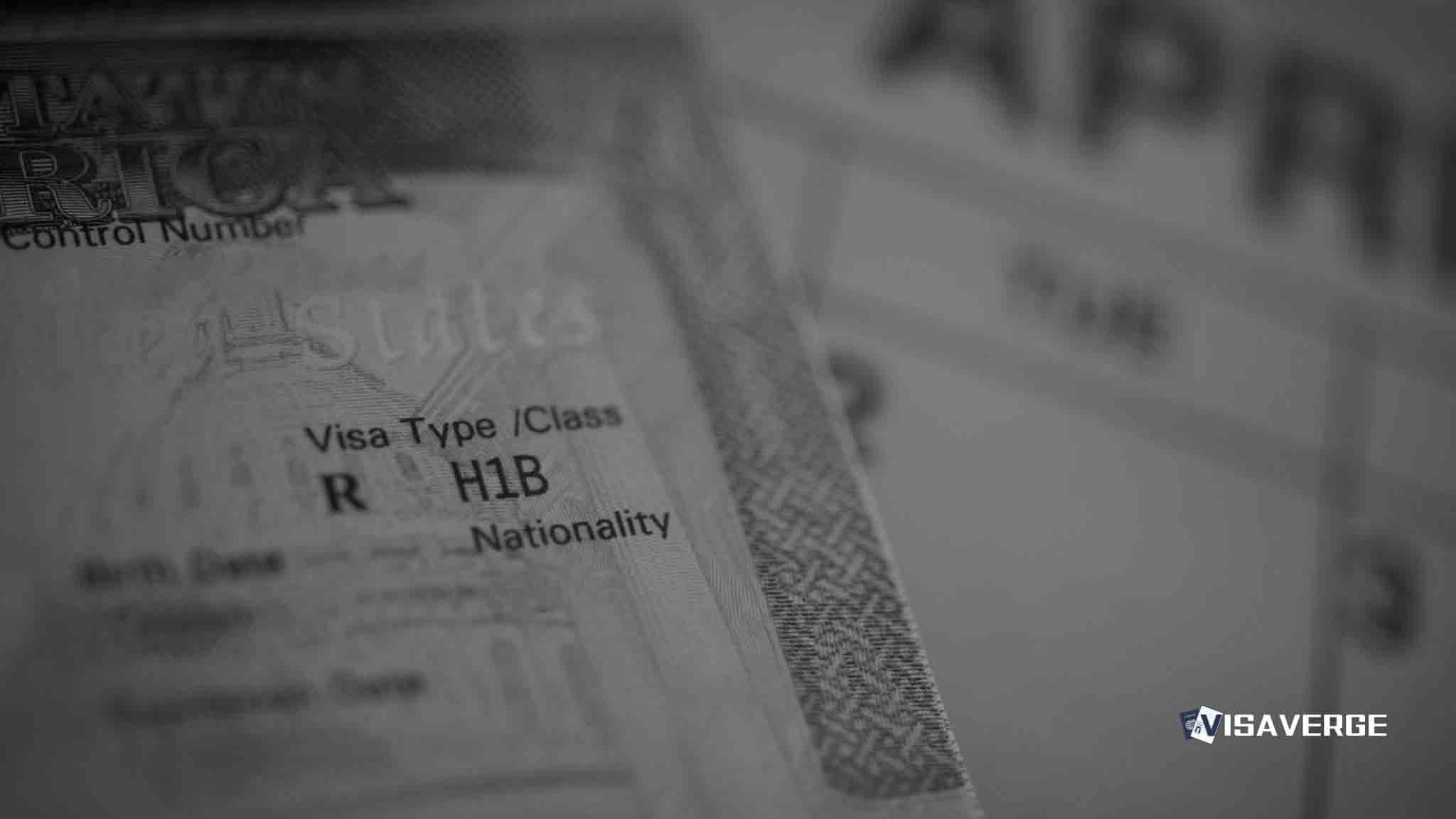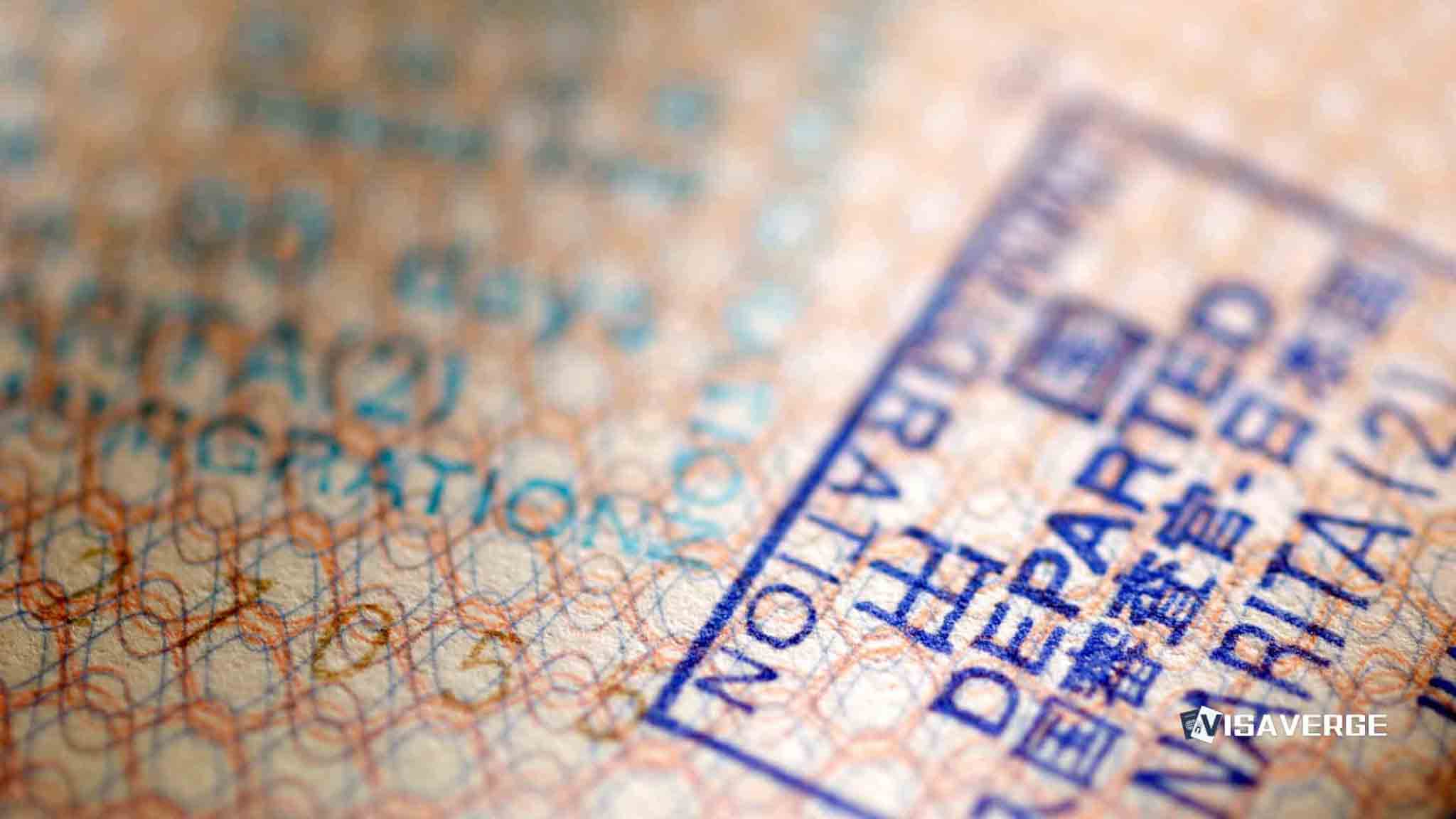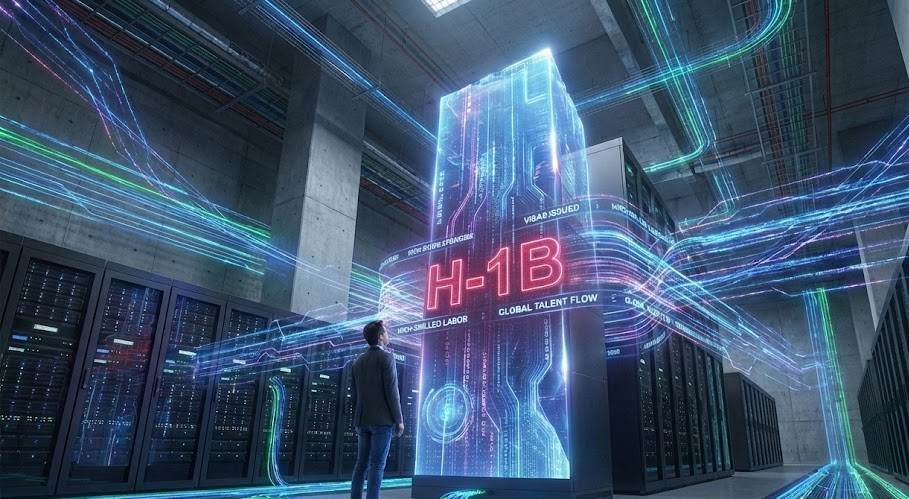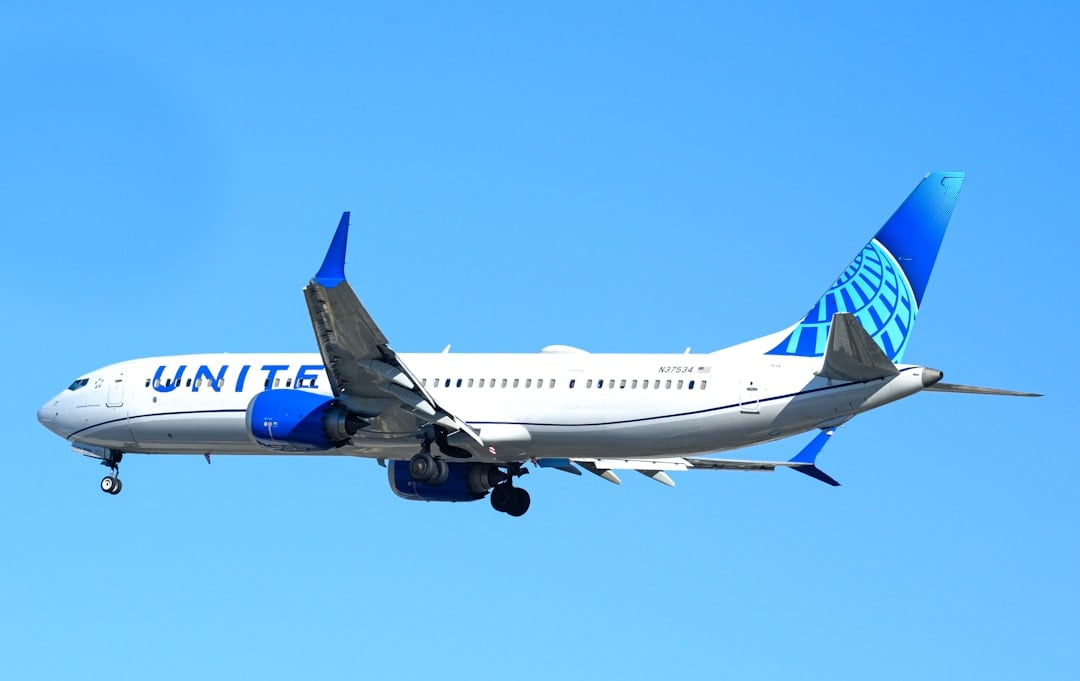(UNITED STATES) Alphabet CEO Sundar Pichai has praised the contribution of H-1B visa holders as “phenomenal,” warning that new costs and political pressure on the program risk undercutting the very people who helped build the country’s technology leadership. His comments, made as fresh policy changes and proposals focus new attention on the H-1B system, go to the heart of a debate about how the United States 🇺🇸 treats the skilled immigrants who power Silicon Valley and much of the wider economy.
Pichai, who came to the U.S. as an international student before becoming an H-1B worker himself and eventually rising to lead Google’s parent company, framed the issue in deeply personal and historical terms. He argued that engineers, researchers, and founders from around the world are woven into almost every major American tech story of the past few decades.

Pichai’s perspective: personal and historical
“If you look at the history of technology development, the contribution of immigrants to the sector has been nothing but phenomenal.”
He used his own career — international student → H-1B worker → CEO — as an example of how open pathways can produce leaders and innovators. For Pichai, the stakes extend beyond corporate hiring: immigrant talent has helped shape products and systems from search engines to artificial intelligence.
Policy changes and political pressure
As of September 2025, the administration has imposed a $100,000 supplemental fee on new H-1B visa applications, a measure critics say will disproportionately affect startups and smaller employers and may deter foreign graduates considering the U.S. as a long‑term option.
Lawmakers have also introduced proposed legislation to abolish the program entirely, elevating a long‑running policy debate into an urgent threat for thousands of workers and their families.
Pichai did not ignore the pressure; he struck a cautious note of optimism, saying there remain “avenues to bring talented individuals” to the U.S. and that the federal government “understands” the importance of high‑skilled immigration and is “actively working to reform the system.”
Economic and innovation implications
Pichai emphasized that immigrant contributions reach beyond tech campuses into research, education, and nationwide economic growth. Foreign‑born scientists and engineers are central to advances in medicine, clean energy, transportation and more.
Supporters of tighter limits argue employers should train more U.S. workers and that H-1B visas can be misused to undercut wages. Executives like Pichai counter that the choice is not simply hiring Americans vs hiring foreigners; they warn that cutting off global talent could slow research, weaken growth, and ultimately reduce jobs for everyone.
Impact on startups, hiring, and global competition
A $100,000 surcharge on new petitions could force employers to rethink how many international workers they sponsor and which roles justify the expense. Larger firms might absorb the cost, but early‑stage companies fear the fee will push them to locate talent outside the U.S. — in Canada 🇨🇦, Europe, or Asia — rather than pay to base H-1B visa holders in American offices.
Industry advocates frame the debate as one of American competitiveness: restricting H-1B visa holders while other countries expand talent pathways sends mixed signals about the U.S. commitment to remain a hub for cutting‑edge work.
Effects on students and long-term career paths
Many prospective and current H-1B holders first arrive as international students. They face a path shaped by lotteries, policy swings, and now steep fees. Pichai’s own trajectory—from student to CEO—is frequently cited as evidence of the benefits of keeping pathways open.
International students finishing advanced degrees now weigh:
1. Stay in the U.S. and attempt the H-1B process.
2. Move to alternative countries that actively court high‑skilled immigrants.
3. Seek employment with global firms that can sponsor or relocate talent outside the U.S.
Employers must decide whether to continue investing in U.S. expansion or to move roles offshore to avoid rising costs and policy risk.
Key concerns and industry responses
“The contribution of immigrants to the sector has been nothing but phenomenal.” — Sundar Pichai
Industry leaders caution that steep charges may become a gatekeeping tool even when workers meet all legal and professional standards. Pichai suggested that keeping avenues open is crucial to avoid shutting out future innovators.
-
H-1B fee impact on startups
Startups and small employers face the largest relative financial burden from the $100,000 surcharge.
-
Risk of offshoring
Companies may choose to hire or build teams abroad to avoid higher U.S. costs and policy uncertainty.
-
Research & academic impact
Universities and research centers could lose talent, affecting scientific advancement and education.
-
U.S. competitiveness
Restricting programs while other countries expand talent pathways risks long-term innovation decline.
Where to find official guidance
Official information about the H‑1B category, including general requirements and current rules, is available on the U.S. Citizenship and Immigration Services website at uscis.gov. That guidance sets out the legal framework, but Pichai’s remarks probe broader questions about the future shape of U.S. immigration policy and what kind of country the United States wants to be for future generations of scientists, engineers, and dreamers who may follow his path.
Takeaways
- Sundar Pichai framed the debate in personal and historical terms, linking immigrant talent to U.S. technological leadership.
- The new $100,000 surcharge and proposals to abolish H‑1B create both immediate financial pressure and long‑term strategic risk.
- Decisions by employers, universities, and international students in the coming months will influence whether the U.S. retains its edge in innovation or cedes ground to competing markets.
Sundar Pichai defended H-1B visa holders as central to U.S. technological leadership while warning recent policy moves threaten that talent flow. In September 2025 the administration imposed a $100,000 supplemental fee on new H-1B petitions, which could particularly strain startups and research institutions. Lawmakers have also proposed abolishing the program, intensifying uncertainty. Industry leaders warn the fee and political pressure may push companies and graduates to locate talent abroad, weakening U.S. competitiveness and research capacity.







